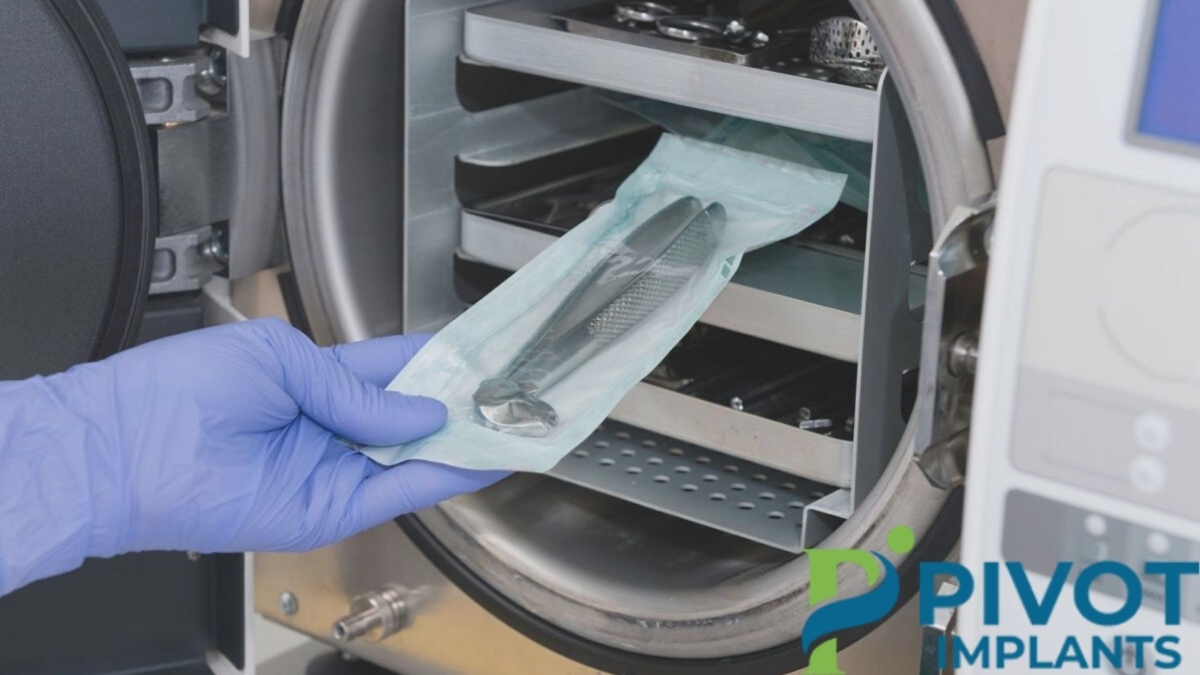How to Make Your Surgical Instruments Last Longer?
How to Make Your Surgical Instruments Last Longer?
The most popular demand of the surgical sector these days is to have equipment that lasts longer and is more reliable. The delicacies required in surgeries are what allow the

surgeon to be accurate and precise. All of this depends on the surgical tool kit being used since the surgeon can only be as sharp as their tools allow them to be.
Therefore, it is essential that you maintain your surgical tools in the best condition they can be used in. This ensures that they will be clean, sterilized, and stored properly until their next usage. If you are looking for tips to correctly maintain your equipment and make it last longer, here are a few that can help you:
The Basics
While there are several methods available for keeping your equipment in their prime condition, they require you to know the basics of maintaining hospital
The importance of reliable equipment in the surgical sector can't be overstated. Between the delicacy required for surgeries and the accuracy a surgeon needs to make these procedures a success, a lot rides on surgical equipment. A surgeon can only be as sharp as their equipment, and proper maintenance is essential to the equation.
To keep surgical equipment in its best usable condition, you need to know how to maintain it. Cleaning, sterilization and proper storage are essential to keeping surgical instruments at their best for sustained use. By following this guide, you can increase surgical equipment lifespan and get the best out of your surgical tools for years to come.
The Basics of Surgical Equipment Care
There are multiple options for keeping your instruments in tip-top shape. If you know how to maintain your surgical instruments, you can extend their usable life while ensuring they provide the best service over time. Most surgical instruments can last years if you give them proper care at regular intervals. The care of instruments consists of three distinct steps — cleaning, disinfecting and sterilizing.
Cleaning Surgical Equipment
Cleaning removes dirt and any biological material from your surgical instruments before you move on to sterilization and disinfection. If dirt, bodily fluids or tissue make it onto your surgical instruments, they can damage the surface in addition to making the tool harder to clean. Instruments should be rinsed in cool water rather than hot since the heat can cause substances to coagulate if they contain enough protein.
Oftentimes, people place instruments into a cool water bath that contains an enzymatic detergent. The detergent helps dissolve any proteins present and break down oils so the instruments can be cleaned.
ALSO READ
Stay connected with us for more information about dental implants